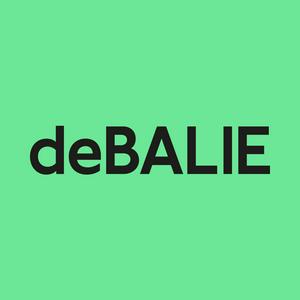Elon Musk, Mark Zuckerberg and Larry Ellison run companies that are increasingly taking on the characteristics of independent governments. Acting as states within a state, these tech oligarchs are building powerful blocks that resist democratic regulation, for example from the EU. Is the era of liberal capitalism coming to an end?
The global economy no longer revolves around rule-based competition. Today, might makes right. For contemporary tech multinationals, this means obtaining a monopoly on a planet where resources are finite, argues the French economic historian Arnaud Orain. In doing so, the current rogue capitalism of companies like Meta and Oracle harks back to the state capitalism of the Dutch East India Company in the seventeenth century.
What parallels can we draw from history, and is the economic world order indeed at a tipping point? In this edition of Techdenkers, we explore with Arnaud Orain how his long historical view helps us understand the power dynamics of today’s technological landscape, along with philosopher and writer Maarten Doorman and economist and America-expert Heleen Mees.
Programme editor: Rosalie Dielesen
Moderator: Lennart Booij
The Techdenkers series is provided and broadcast by De Balie and is part of our partnership with Adyen.
Zie het privacybeleid op https://art19.com/privacy en de privacyverklaring van Californië op https://art19.com/privacy#do-not-sell-my-info.


